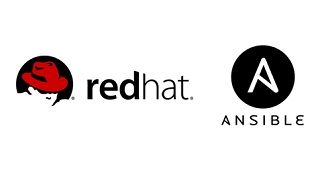From deployment and configuration to rolling upgrades, by adding Ansible to its hybrid management portfolio, Red Hat will help customers to:
-Deploy and manage applications across private and public clouds.
-Speed service delivery through DevOps initiatives.
-Streamline OpenStack installations and upgrades.
-Accelerate container adoption by simplifying orchestration and configuration.
With the addition of Ansible, Red Hat’s open hybrid cloud and IT management solutions will include:
–Red Hat CloudForms, an open management platform that provides orchestration, governance and policy-based control across hybrid clouds enabling self-service provisioning, and resource management as well as quota enforcement, metering and chargeback.
–Red Hat Satellite, a comprehensive lifecycle management solution with integrated infrastructure provisioning, software distribution, patch management and auditing capabilities.
–Ansible and Ansible Tower, an IT automation and DevOps platform that provides significantly simplified multi-tier application deployment and IT automation across hybrid clouds.








0 Comments